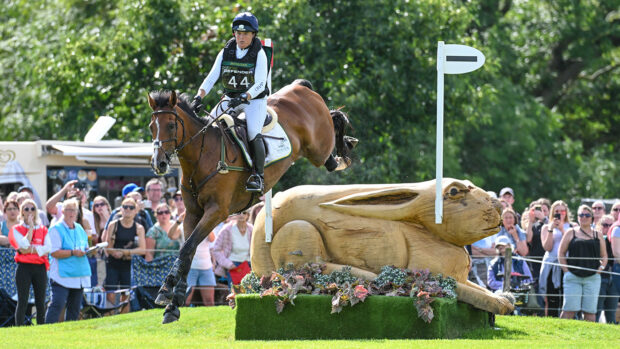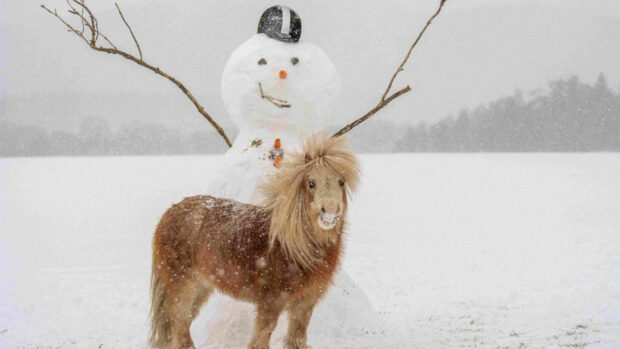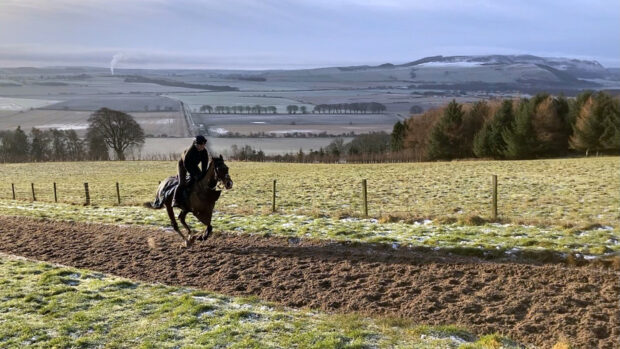New research projects in India and Pakistan funded by equine charity the Brooke show how horse and donkey owners can improve animal welfare without damaging their livelihoods.
The two studies were both carried out by Bristol University’s school of veterinary sciences.
In Jaipur, India, a two-year project led by Dr Becky Whay was the first to use participatory methods to help horse owning communities find ways of tackling the causes of lameness in their animals.
The study recruited 439 owners of 862 horses, either as part of an intervention group or a control group.
The intervention group had owners from 21 communities. They met regularly to discuss management and work practices influencing lameness and poor welfare and to track their progress in improving these.
The study showed the changes regarding how owners worked their horses helped reduce the amount and severity of lameness.
“This research shows that it is feasible and possible to improve the welfare of animals, despite their owners living in quite profound poverty,” said Dr Whay.
“The key to the project is the use of participatory methods that directly involve the horse owners and put them in control of the changes they make to the management of their animals.”
In Pakistan the Brooke’s vets examined 134 donkeys to discover whether they could tell if the animal is in pain by just being observed.
“Spotting signs of pain and clinical problems in donkeys is always difficult as they tend to ‘suffer in silence’,” said Dr Whay.
“By carefully studying their behaviour we have started to learn how to recognise much more reliably when they are in pain and in need of attention.”
The research paper published by the Veterinary Record Open is the last of three studies funded by the Brooke to improve the understanding of donkey behaviour.
“The Brooke is concentrating on training local service providers and owners so they can better look after their animals, and research like this helps us to make this training both practical and evidence based,” said the Brooke’s Melissa Upjohn.



